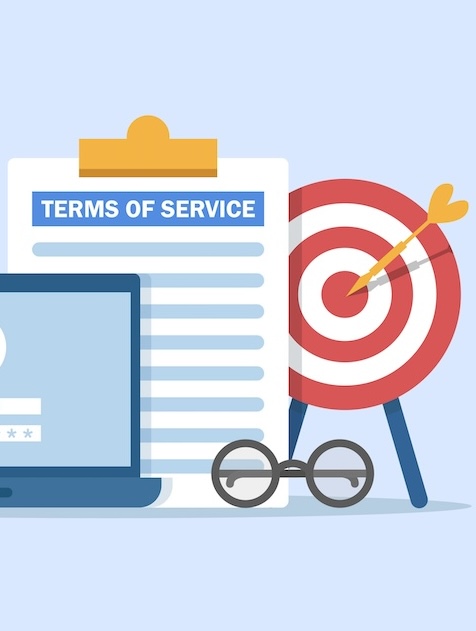Employer Funded Remuneration Benefit
Employers face many decisions whilst running a business, and the workforce is an essential resource that needs effective management to achieve optimal results, requiring the consideration of multiple perspectives and appropriate data analysis.
Super regularly occupies the space of being too hard or too much work, and many employers fall short of optimally managing super as a valuable employer-funded employee benefit.
Super is at least the second most valuable remuneration benefit for employees. Yet, many employers do the bare minimum to fulfil their obligations under the regulations and completely overlook their obligations to their workforce.
Because super is a remuneration benefit, every employer should have a documented policy and a methodology to examine the financial value delivered to each employee by current service providers.
Explicit Agreement
Politically, there is much debate about super and how to leverage this significant pool of money to assist with funding government policies, and recently, discussions have focused on how to get more super invested in so-called nation-building projects.
Interestingly, super is a personal asset accumulated throughout an employee’s working life to fund their lifestyle in retirement, not a pool of money that the government can make investment decisions about unless the individual who owns the asset agrees to it. The problem with super is unless an individual explicitly states otherwise, they agree by default.

Upon examination, super appears complicated, subjected to ever-changing reregulation and changes in benefit design. Arguably, it has taken a few generations of workers for people to realise that super starts small but becomes significant at the point of retirement if personally and positively managed as a wealth creation strategy.
Market Considerations
In the past decade, there has been a noticeable increase in the amount of attention employers put towards managing employees and various rewards and benefits.
Due to perceived complexity, remuneration managers often hesitate to initiate change and improvement programs for super as a remuneration benefit, but this is changing, partly due to competition for employees and somewhat due to a developing realisation that most market models do not seem to deliver an optimised super asset at an individual account level.
The super service models operating within the financial services industry have received much criticism and some hefty reviews, but interestingly, a solution for how individuals should optimally manage their super as a wealth creation asset has not been forthcoming from the government or regulators.
Regulators appear to pressure changes consistent with the government’s aim to allow more investment of the collective pool of super assets in Australian nation-building projects. History shows that few (if any) government nation-building projects complete on time and below budget, irrespective of the political party. Will that approach optimise super at an individual level?
A background argument is also percolating around listed and unlisted assets. In general, master trusts typically refused to invest in unlisted assets. As the periodic valuation method of unlisted assets within industry funds continually exceeded the performance of listed assets, revalued daily by the share market, they have subsequently had to change their position. Master trusts are now investing a higher proportion in unlisted assets. Interestingly, recently one of the industry funds significantly reduced its exposure to unlisted assets without any explanation to its client base.
The regulator appears to be pressing product providers to reduce the options on the investment choice menus. Yet another known initiative that goes under the radar without any valid explanation to employees, who are the ones impacted by such decisions.
Appropriate Value Policy
Super has been in place for over thirty years, and the collective pool of money that has subsequently accumulated is significantly large. Super is a personal asset owned by each employee but not yet controlled and serviced to the government’s satisfaction.

Contact us
For more information, visit our website www.axisfg.com.au.
You can also check out our portal created to provide quality super service to all employees at www.superwiser.com.au.
Want to discuss how you can better manage super as a remuneration benefit?
Contact Richard Matsinger or Ryan Teo at 1800 467 467 or email consulting@axisfg.com.au.


